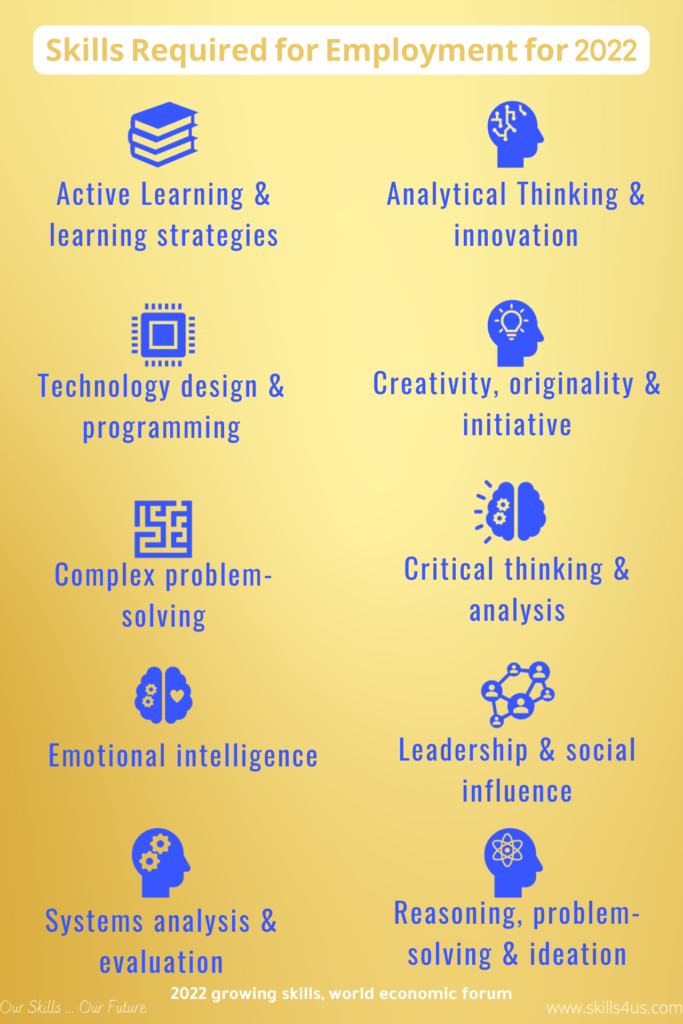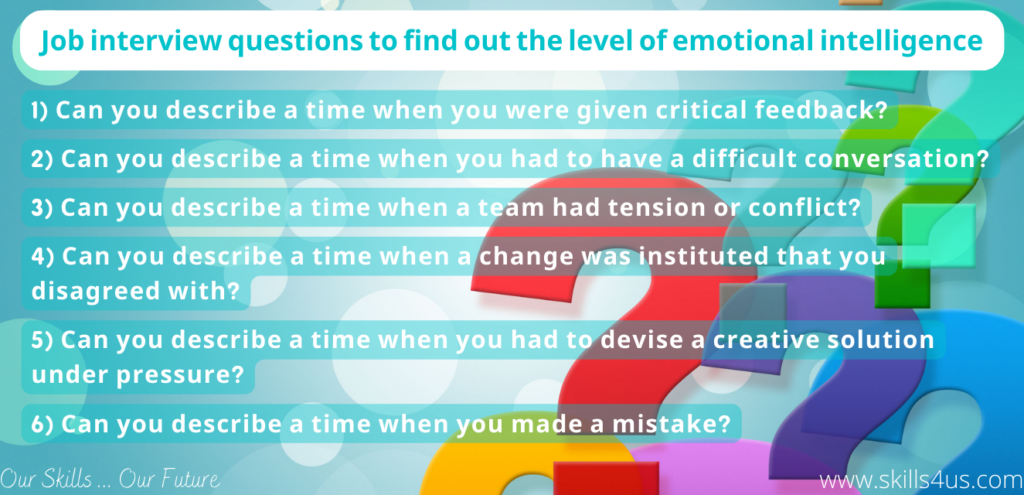
Discover Emotional Intelligence Skills in the Recruitment Process to Compete in the Future
In today’s environment, HRM looks for specific characteristics and skills in candidates during recruitment. Such as previous experience, technical skills related to a vacancy, teamwork skills, or other skills that are undoubtedly very important. But business success today requires more than technical skills and practical experience. Therefore, HR professionals in the field of recruitment must realize that emotional intelligence in the recruitment process is by far the most critical factor for organizations today.
Employees with high emotional intelligence bring tremendous value and competitive advantage to organizations. Traditionally, during the recruitment process, the candidate’s previous job experience, competence, and culture are taken into consideration. In addition, it should also focus on emotional intelligence as one of the essential skills for the future of business.
Emotional Intelligence
Emotional intelligence is the possibility to understand and manage your emotions while internalizing the feelings and motives of others. With these skills, emotionally intelligent employees and teams can help work together to achieve common goals. That automatically lead to achieving the organization’s vision, strategies, and goals.
Several studies have shown that business leaders should prioritize emotional intelligence skills in potential employees when searching for high-performing employees. Also, many of these studies have determined that emotional intelligence is twice as valuable as the combined technical skills. And competencies in determining who will be the best-performing employees at work.
Here are the factors that make emotional intelligence critical to an employee:
1. Emotional intelligence outperforms other skills

Practical and technical skills and competencies are core competencies that an employee needs to have a certain amount of to do any work. Once these skills and competencies across the bare minimum, with emotional intelligence not added to them. They do not improve dramatically and quickly. As a result, practical and technical skills and competencies give you the job. And emotional intelligence gives you career advancement in your work. In other words, the future of employment suggests that practical and technical skills and competencies will make you an employee. And emotional intelligence will affect your survival or departure from the job.
Similarly, the World Economic Forum’s 2022 Future of Jobs Report notes that “emotional intelligence is one of the ten most in-demand skills. And will remain that way until at least 2025. And Social skills, such as persuasion, emotional intelligence, and educating others, will be required”. More across industries than on practical and technical skills and competencies.”
2. Evolution of jobs
A recent study by researchers from the British universities of Oxford and Yale in the United States revealed a 50% chance that artificial intelligence will outperform human intelligence in all areas within 45 years. It also expects it to be able to take over all human jobs within 120 years.
While this study indicates that artificial intelligence may replace a human employee in all areas. In the long run, there are other aspects, such as emotional intelligence, that artificial intelligence cannot possess or transcend the human cognition process. The rapid advances in artificial intelligence (AI) technologies will significantly transform the modern business pattern by crowding out people in their jobs. Therefore, to adapt to this change and developments, there will be an urgent need to change the organizations’ recruitment requirements policies.
As a result, it is time to prepare for these rapid changes and developments. It requires the development of strategic HR plans based on investment in training, education, and workforce qualification to enter new fields of work. Thus, emotional intelligence will be the most important and one of the most influential factors in the future recruitment process. Future jobs require complex thinking and visualization of the future, understanding values, emotions, and thought processes, working with different colleagues, and learning how to read people to direct them toward a common goal.
3. Driving effect
While emotional intelligence is critical for all employees, it is even more critical for leaders and managers. As an emotionally intelligent leader, you can understand employees’ social identity, experiences, and perspectives and see the world as they see it.
Next, emotionally intelligent leaders must make the most of talent and understand and consider people’s different experiences to help their teams reach their full potential. In addition, they are adapting their leadership style as needed to accommodate those with different personalities. Thus, an emotionally intelligent leader can improve and develop relationships in the workplace and positively influence employees and work teams.
Emotional Intelligence is essential in the Recruitment Process
Many employers understand the importance of hiring employees with high emotional intelligence. To that end, they need to take some of the following essential steps to make emotional intelligence an integral and critical part of the hiring process:
Commitment: When the hiring process begins, leaders and employers must first commit to finding emotionally intelligent employees with the necessary skills and techniques. Because emotional intelligence is one of the most critical futures was hiring criteria for organizations.
Verification: HR professionals in the hiring department can conduct an advanced behavioral interview to determine the emotional intelligence level of job candidates. So, they can ask about experiences, recent jobs, where to go in the future, strengths, and weaknesses. Because it helps to measure their sense of style and purpose of personal kind and comfort. They can also ask them to tell about a time when they worked on a team and felt that they and the team were victorious. As a result, they get an answer covering what the employees thought and felt about the circumstance and their actions. They could get a much better sense of the applicant’s emotional intelligence.

Additional Questions: In addition to common interview questions, these are some interview questions that HR professionals can ask in the recruitment process, as they aim to get the candidate to describe times and stages:
For each question, HR Professionals should ask the candidate follow-up questions about their thoughts, feelings, and actions. If someone cannot answer a question. It may be a sign that he is shy about difficult conversations or have difficulty admitting mistakes. As a result, hiring managers can use the answers to gauge a candidate’s awareness of their thoughts and emotions. If he has trouble describing situations, he may lack emotional intelligence. In the same vein, for those who can describe specific conditions. Hiring managers can consider whether their actions demonstrate the ability to take charge. And demonstrate personal accountability, and engage in stressful situations.
While you need to make sure that people meet the minimum requirements for intelligence, experience, and technical skills. The bottom line is that you need to hire and develop employees with emotional intelligence skills to be competitive in the future.



